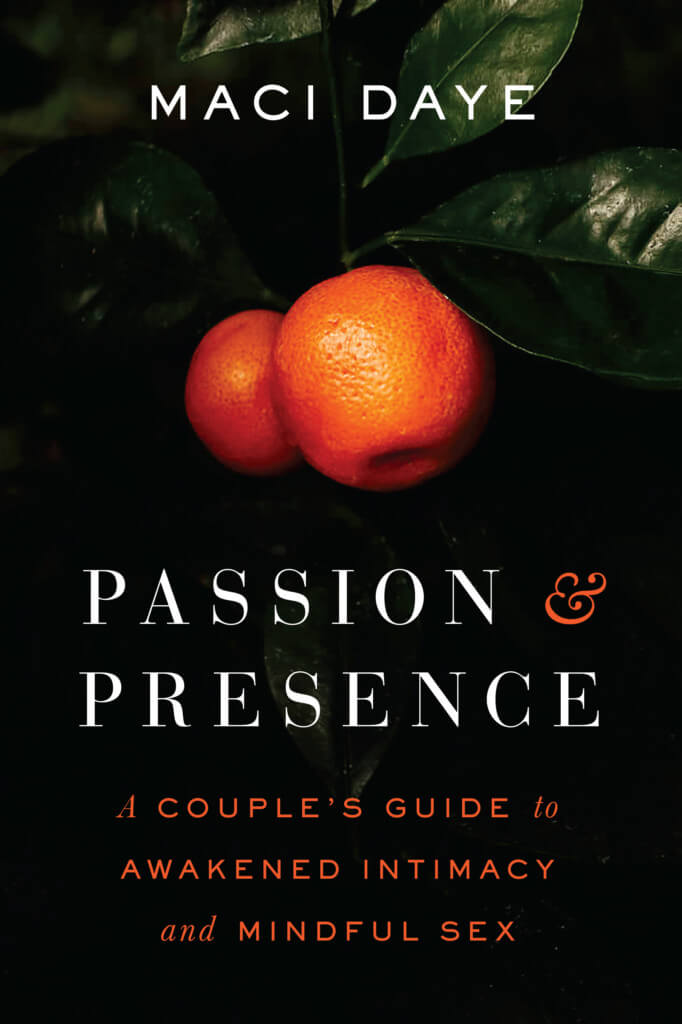Perhaps your small child wants to know what a body part is, say during bath time. Or your son or daughter is dating for the first time, and you are wondering how informed they are when navigating new sexual waters. For many of us, embarrassment and even shame may emerge when we try to talk about these things, despite our best intentions. I was lucky enough to have a mother who was willing to answer with candor my increasingly probing questions about sex, but the statistics show that most of us do not even get the “nuts and bolts” from our parents.
According to Paul Joannides, the author of The Guide to Getting It On, only 1 in 40 parents tell their kids how important the clitoris is to a woman’s sexual pleasure. As a parent, you might baulk at the idea of talking so bluntly about sex –and even more so, about pleasure — with your child, but the alternative will shake you. Information gaps are all too often filled by porn—today the largest group of viewers of internet porn consists of children, tweens, and teens, aged 12 to 17.
Luckily, there is a lot of good advice out there for parents. It’s important to become informed about how to talk to your kids in a developmentally appropriate way, and to help them become “porn literate.” (I recommend watching Marty Klein’s video Helping Young People Develop Porn Literacy and Talking With Our Kids About Sex.) Sex-positive websites like Scarleteen, Sexetc and teensource are great resources for teens. Progressive educators are developing programs for teenagers that showcase rather than skirt the delicate matters of masturbation, orgasm and pleasure (See Joannides is turning sex education into a laughing matter.), but how can we foster such open conversations at home?
I’ve written a lot about how practicing Mindful Sexuality can be at the heart of an erotically enlivened, committed relationship, making you an Erotic Team with your partner. Mindfulness can also be at the heart of your relationship with your child. When you practice mindfulness you are fully present in the dance of the moment, letting go of any “shoulds” and “musts” about yourself or your child. This is especially important when raising gay or gender expansive children. “Allowing” is a central tenet of mindfulness, which extends to embracing the many expressions of love and desire.
Practicing mindfulness can help you tolerate the discomfort that arises when your child first asks, “Where does a baby come from?” or your older teen requests birth control. In such moments, your turbulent mind and contracted stomach are revealing your vulnerabilities around your child’s sexuality, and possibly unresolved feelings about your own. Turning towards these reactions is an opportunity to “tend house” so to speak, rather than automatically deflecting these questions or arguing with your child. Mindfully exploring your feelings will help you create an open climate for ongoing conversations about sex, which experts say is much better than having one tell-all talk. Mindfulness can also teach your child to listen to their own internal guidance. This will help them make choices that are right for them, moment by moment, with their inner wisdom as their compass. So ask yourself this:
- Are you willing to let go of fixed notions about how a “good” conversation about sex with your child should go?
- Are you willing to embrace mindfulness—being present to your emotions without judgement—when talking about sex with your child or teen?
- Are you willing to be present to your child’s questions, feelings and emerging sexuality without fixing or judging?













